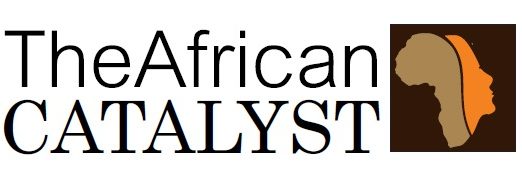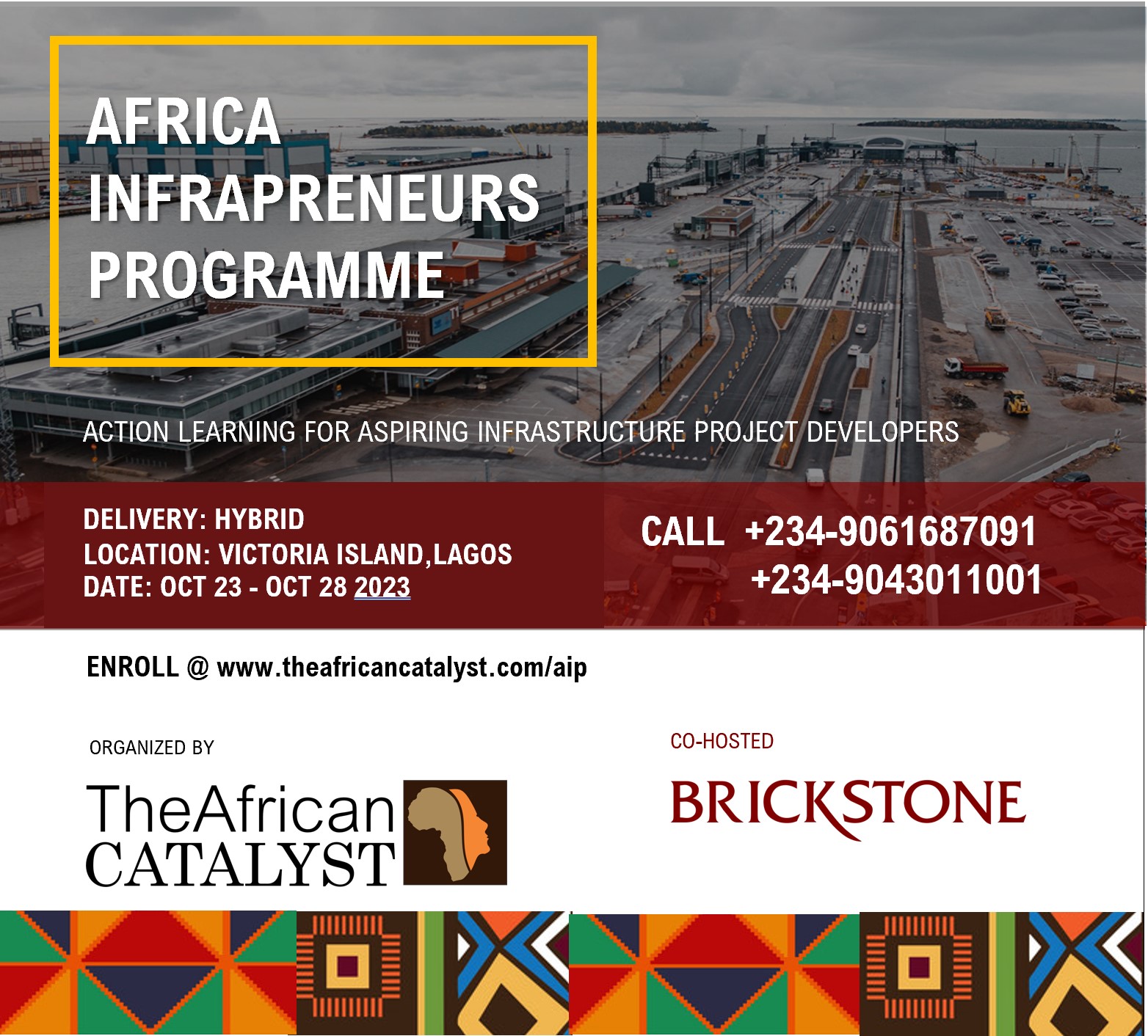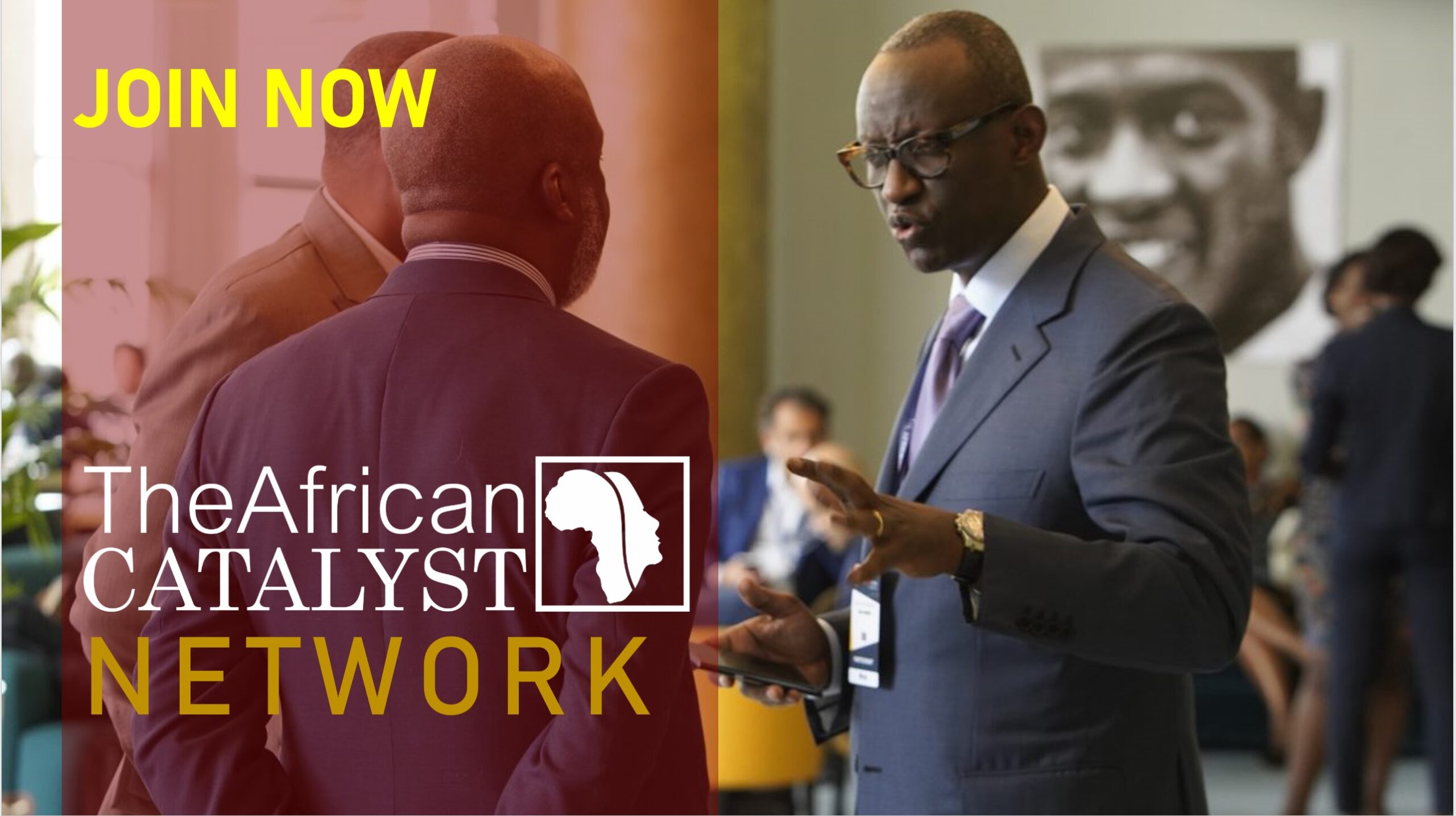Implication for Natural Resource Rich Africa
The Nigerian government is committed to achieving a Just Transition for Nigerians as it launched the Energy Transition Plan (ETP) as one of the major approaches to achieving the net-zero targets by 2060; addressing climate change and building a more sustainable economy.
The transition plan for Africa largely relies on natural gas as a transition fuel; to power the continent, as it transitions away from coal, and other heavily-polluting fuels to clean energy alternatives. It is expected to become the dominant fuel both for domestic uses such as cooking and private vehicles and for industrial uses, including power generation.
Also, the African continent has seen a rapid rise in the adoption of solar energy, as the fall in costs globally has made photovoltaic solar cells more readily available. We have also seen quite a few wind energy projects spring up across the continent. Africa is now expected to significantly adopt battery energy storage systems (BESS), as it builds up these renewable energy components of its power grids.
Africa’s energy transition plan is significantly hinged on the extractive industries. Each of these options relies significantly on certain extractive natural resources. Gas power requires natural gas. Solar cells are manufactured primarily using silicon and aluminum. Batteries, the third option, require lithium, nickel, and cobalt.
Thus, the success of the energy transition plan in Africa is significantly dependent on the continent’s ability to quickly drive investment toward the extraction of these key natural resources, to ensure a reliable supply of materials for the build-out of a more sustainable energy system.
However, in this, Africa faces a meaningful challenge, as these extractive industries have historically struggled with negative externalities that tend to make lenders and institutional investors wary as ESG standards have become more commonplace in the global finance industry.
Read more here.
Speakers’ Profiles
Ayodele ONI
Ayodele Oni is a partner at Bloomfield LP, where he works to provide excellent and commercially savvy legal solutions, in connection with electricity, oil & gas projects, financing, acquisitions and restructuring.
He has a knack for creating ingenious and effective strategies to ensure the success of transactions he is involved in. Ayodele is also an active leading voice and thought leader in the development of many transformative policy changes in Nigeria, especially in the energy (oil, gas and electric power) sector. Specifically, he has played key roles in developing template documents, rules and regulations, used in the natural gas and electric power sectors.
Ayodele has also been recognized as being “in a league of his own” by the internationally renowned directory, Who’s Who Legal and has also been ranked amongst the World’s leading lawyers in the Chambers and Partners and The Legal 500. Ayodele has been actively involved in several oil and gas transactions, including the Shell divestment deals and Chevron’s divestment of interests in a number of oil mining leases. He has also advised and continues to advise on a number of marginal fields transactions (including the year 2020 marginal fields bid round) and several oil and gas acquisition, divestment and financing transactions.
Ayodele was part of the team that provided legal advisory to the Bureau of Public Enterprises on the post-privatization restructuring of the electric power sector. He has also provided legal, policy and regulatory support to the Nigerian Electricity Regulatory Commission. Furthermore, he has advised the World Bank on electric power sector related issues. Ayodele maintains a seat at the table in the negotiation of almost all major electric power sector transactions in Nigeria and remains key in the negotiation of energy (including refining and pipeline) infrastructure projects and financing transactions, across Nigeria. He has been described as being “responsive and valuable”, is noted for “excellent service” and his “keen work ethic and an unyielding commitment to quality”. He is an adjunct lecturer and author of leading energy texts.
He holds a LLB from the Lagos State University, obtained his LL.M in energy & environmental law & policy from the University Calgary. He also holds a PhD from the University of Southhampton.
Bayode AKOMOLAFE
Bayo Akomolafe is a program manager with over a decade of Engineering projects and operations management experience with General Electric (GE) company and its subsidiary - FieldCore, working on power generation assets.
He was involved in several large-scale grid-connected power generation service projects in Nigeria with over 2GW cumulative installed capacity. Coupled with an academic research program in sustainability management, Bayo possesses a unique blend of technical, social, and environmental development insights into macro-energy systems. He is an independent macro-energy systems analyst with a passion for electricity resource development, sustainability, accessibility, reliability, and reality in Sub-Saharan Africa.
Bayo holds a bachelor’s and master’s degree in mechanical engineering from a Russian university and a master’s degree in Sustainability Management from the University of Waterloo, Canada. He is a Registered (Professional) Engineer in Canada where he currently resides. Bayo is an avid road-tripper!
Host
Femi Awofala
Femi is the founder of Brickstone and has practical experience in advising companies and governments on private investments in energy , real estate and infrastructure, including structuring and executing project/structured financings and M&A transactions. He leads Brickstone’s Origination & Commercial advisory team in Energy, Infrastructure and Real Estate
Femi was an investment banking professional with Vetiva Capital Management Limited where he led teams on several M&A transactions, capital raising programmes as well as structured/project financings of over $500 million.
Prior to joining Vetiva Capital Management Limited, he was at the ARM Investment Mangers and was part of the private equity real estate team and he assessed potential real estate investment opportunities, prepared detailed financial models and valuations and oversaw property development, construction management, coordinated marketing, contract negotiations and closings for a real estate developments;
Key projects included acquisitions of medium–upper income residential and commercial properties in the Lagos and Abuja, equity placement and advisory services for the raising of a $90 million private equity real estate fund that invests in real estate projects in West Africa, the US$ 350 million Toll Road Project in Lekki, Lagos.
Femi has a first degree – B.Sc Geology from University of Ibadan and Masters in Business Administration (MBA) from Lagos Business School, Pan-African University. He is a Policy Member of the Infrastructure Policy Group, Nigeria Economic Summit Group.
Key Discussion Points
Interpreting the sector at present: panelists discussed around the following themes;
- How they, as professionals in the natural resource sector, evaluate the risks and opportunities in the sector.
- The current issues that Energy Transition and the government’s ETP bring to Nigeria.
- How the Natural Resources Sector may contribute to Energy Transition in Nigeria.
- Ways in which Energy Transition can aid the development of natural resources in Nigeria.
Click to read more here.



